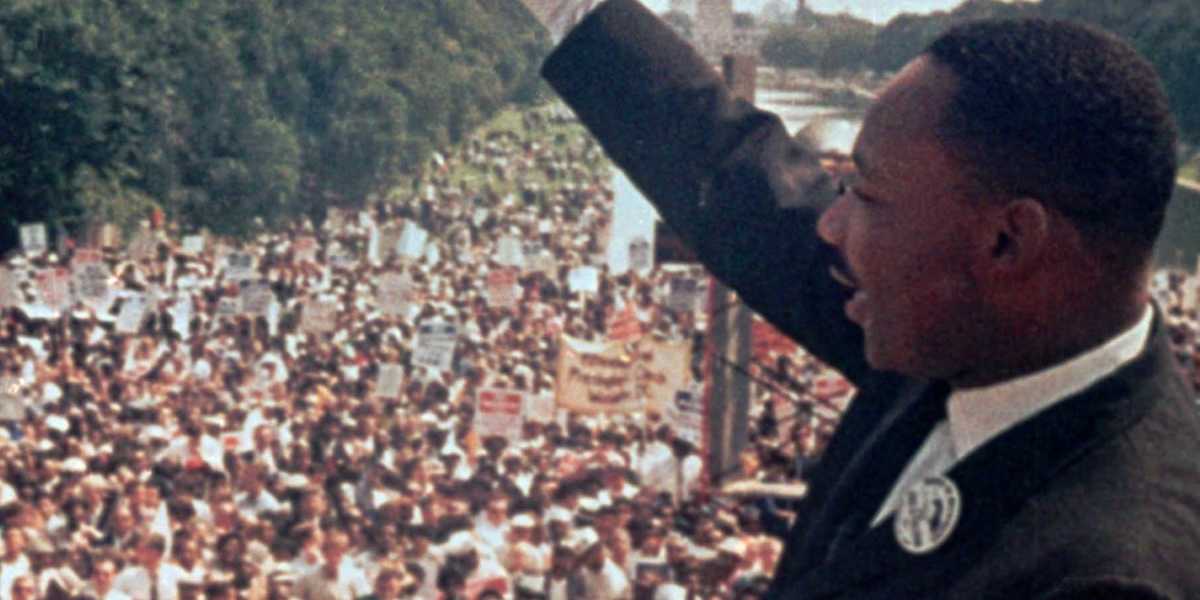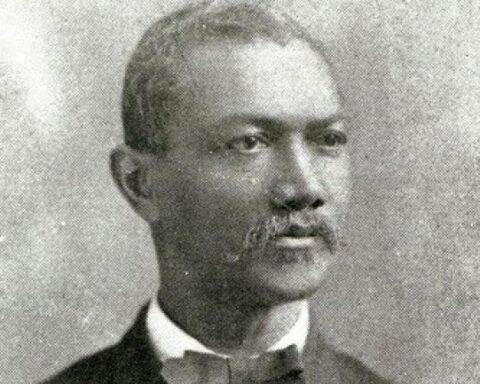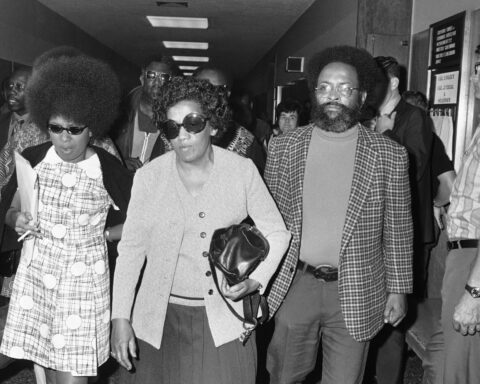By Candace Mcduffie
Black History Month is fast approaching. Although we should celebrate Black excellence 365 days a year, the origins of the historic month should also be acknowledged. For those who are unsure how it began, Black History Month initially began as a 7-day celebration in 1926.
That year, the Association for the Study of Negro Life and History proclaimed that the second week of February become know as “Negro History Week.” This provision would finally celebrate what Black Americans contributed to the history of the US.
The esteemed historian Carter G. Woodson, whose parents were enslaved, worked with other leaders and activists to start the Association. It is now known as Association for the Study of African American Life and History, which publishes the works of Black researchers and scholars.
Woodson selected February to celebrate Negro History Week because two men who he believed represented freedom for Black folks, Frederick Douglass and Abraham Lincoln, were born during that month. Though it began in the 1920s, it would take decades for Black History Month to become nationally observed.
It wasn’t until the 1960s that college students and teachers encouraged Negro History Week to be celebrated all month long. Soon after, schools and various institutions across the country began to celebrate Black History Month.
Finally, in 1976, President Gerald Ford recognized Black History Month:
“In the Bicentennial year of our Independence, we can review with admiration the impressive contributions of Black Americans to our national life and culture. One hundred years ago, to help highlight these achievements, Dr. Carter G. Woodson founded the Association for the Study of Afro-American Life and History. We are grateful to him today for his initiative, and we are richer for the work of his organization. In celebrating Black History Month, we can take satisfaction from this recent progress in the realization of the ideals envisioned by our Founding Fathers. But, even more than this, we can seize the opportunity to honor the too-often neglected accomplishments of Black Americans in every area of endeavor throughout our history. I urge my fellow citizens to join me in tribute to Black History Month and the message of courage and perseverance it brings to all of us.”
Other countries that also recognize Black History Month include the United Kingdom as well as Canada.





